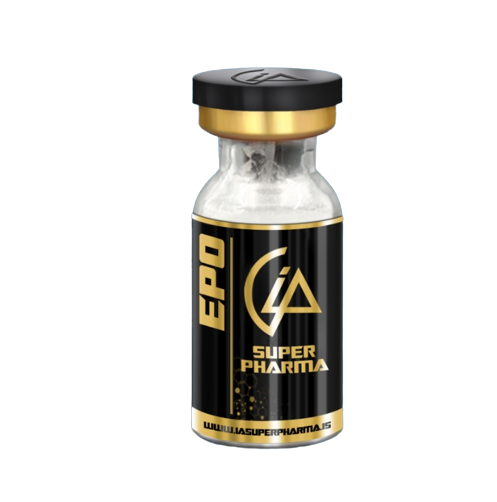-30%
EPO (Erythropoietin)
$49.00
Dosage & administration:
| Erythropoietin (EPO) | BP | 3000iu |
- Brand: Super Pharma
Half-life: 5 hours - Dosage: 150mcg per KG of body weight injected every 5 hours as required.
- Average Cycle Length: Indefinite.
- Bioavailability: Estimated at 100%
Anabolic: #n/a
Androgenic: #n/a - CAS Number: 11096-26-7
In Stock


Reviews
There are no reviews yet.